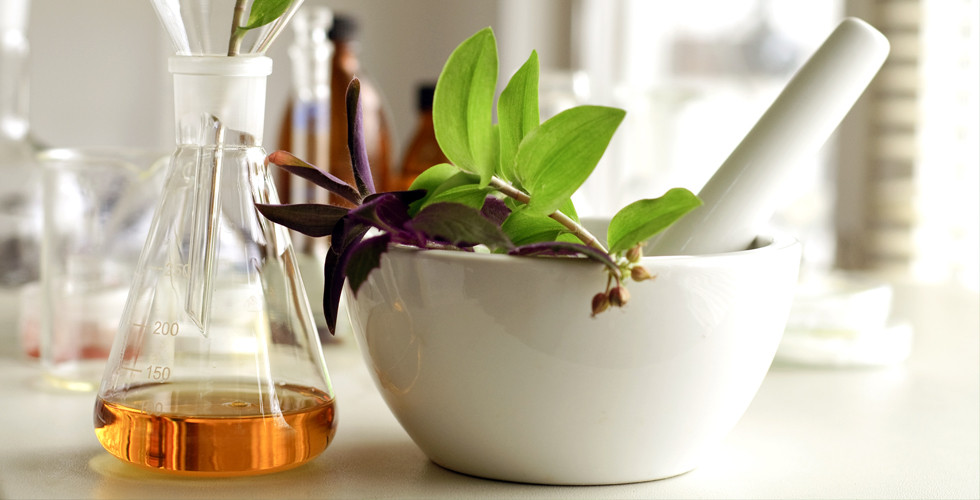Indian traditional medicinal system whether, Ayurveda, Siddha and Unani is based on herbs and natural sources. The effectiveness of herbal medicines has been known for thousands of years and even modern research acknowledges herbs as a source for new drugs. The demand for herbal products has also increased in recent times as natural herbal medicines can combat some chronic diseases without side-effects. Besides therapeutic use herbal products are also used as cosmetics and nutraceuticals.
Need for herbal testing
Herbal testing becomes important as there is a need to establish that herbal medicines are free from adulteration and contamination. It is also important to ascertain that the ingredients are actually from natural sources and that the customers are getting the exact species of any herb. Herbal testing needs to be carried out in recognised testing laboratories where herbs, herbal plant parts, active ingredients developmental process and finished products are analysed. Testing of herbal medicines leads to greater acceptability and brand value.
Authenticity of Herbs
Adulteration with steroids or antibiotics, misidentification of herbs and incorrect formulation all affect the quality and purity of herbal products. Herbal testing labs can analyse raw materials like seeds, leaves, roots, flowers, extracts, etc. as well as lotions and topical applications and of course the finished products in forms of powders, pills and capsules.Through herbal testing it is possible to identify, authenticate and control the quality of herbal drugs.
Heavy Metals Testing
Plants used in herbal medicines do not follow a standardised method of cultivation and they could also be exposed to environmental pollution. Heavy metals (lead, mercury, arsenic, cadmium) are sometimes naturally occurring but can still be harmful in larger amounts.It is important to test herbs and herbal parts for heavy metals in independent chemical testing laboratories as presence of heavy metals can increase the maximum limits of heavy metals in herbal compositions leading to toxicity.
Microbiological Testing
Since herbs grow in the environment it is possible that they can become contaminated with pathogens from animal excreta and other filth. Herbal testing for bacteria, mould and yeast are equally important to ensure health and safety of consumers. Microbiological testing labs test raw herbs and herbal parts for pathogens like E. coli, Salmonella, total aerobic bacteria, yeast, mould, and coliforms.
Pesticide residue testing
It is more than likely that herbal medicines could contain pesticides and herbicides residues. Suppliers as well as manufacturers use the services of independent chemical laboratories to ensure that residues are within the accepted maximum limits. Testing provide the analysis report for traces of residues in herbs and herbal plant parts and other raw ingredients.
Stability Testing
Another important aspect that cannot be over looked is stability testing of herbal medicines. Stability testing determines whether the quality of the herbal products is affected by time duration or environmental factors. Stability testing of herbal medicines and cosmetic products will ascertain the storage conditions and shelf life of these products. An analytical chemical testing laboratory can carry out stability testing most effectively.

Leave a Reply
You must be logged in to post a comment.